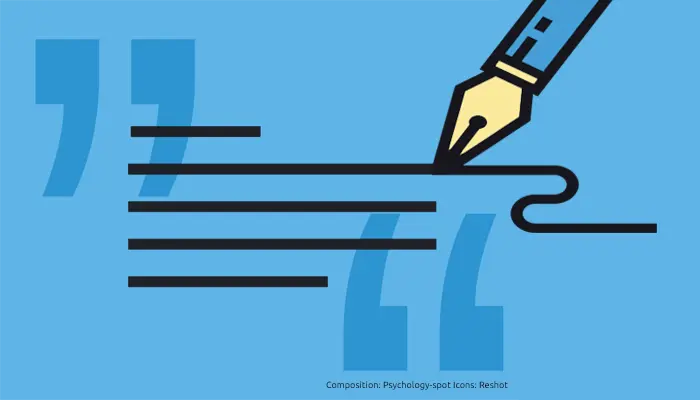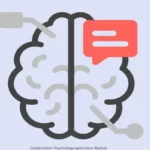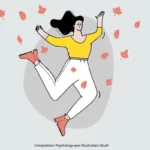
Behavior Modification
The application of behavioral theory to change a specific behavior.
Behavior Therapy
The application of behavioral theory (e.g. conditioning, reinforcement) in the treatment of mental illness.
Behaviorism
The school of psychology founded on the premise that behavior is measurable and can be changed through the application of various behavioral principles.
Bell-Shaped Curve
Also referred to as a normal distribution or normal curve, a bell-shaped curve is a perfect mesokurtic curve where the mean, median, and mode are equal.
Beta (uppercase)
Abbreviation for Power in statistical results. See Type II Error. (b)
Binocular Cues
Visual cues (convergence and retinal disparity) that require both eyes to perceive distance (as opposed to monocular cues)
Bisexuality
Being attracted to or aroused by members of both genders. See Sexual Orientation.
Blind Study
As a way to avoid the placebo effect in research, this type of study is designed without the subject’s knowledge of the anticipated results and sometimes even the nature of the study. The subjects are said to be ‘blind’ to the expected results.
Broca’s Aphasia
An aphasia associated with damage to the Broca’s area of the brain, demonstrated by the impairment in producing understandable speech.
Burnout
Changes in thoughts, emotions, and behavior as a result of extended job stress and unrewarded repetition of duties. Burnout is seen as extreme dissatisfaction, pessimism, lowered job satisfaction, and a desire to quit.
Source: Allpsych Online



